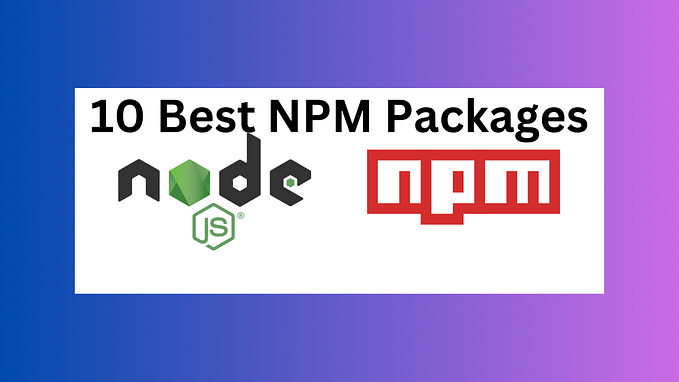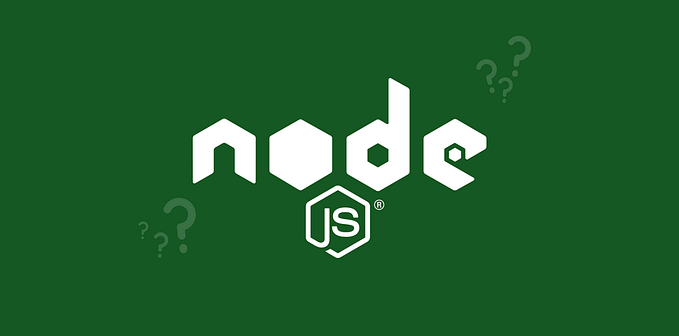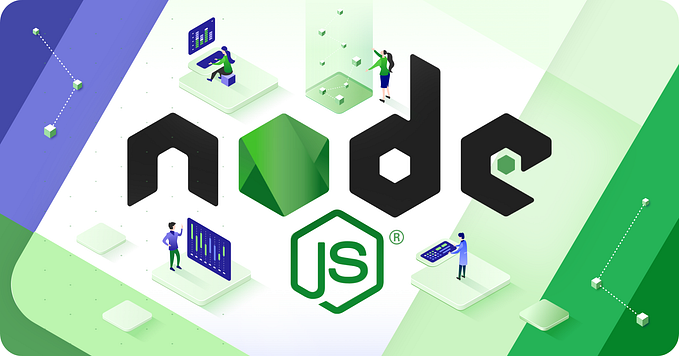Member-only story

In web development, reducing the size of the data sent between the server and the client is essential to improve performance and user experience. Node.js makes it easy to integrate compression for faster data transfer, reduced bandwidth usage, and improved application performance.
In this article, we’ll explore compression in Node.js, including its benefits, implementation, and best practices.
1. Why Use Compression?
- Faster Load Times: Compressing assets like HTML, CSS, JS, or JSON reduces their size, enabling quicker downloads.
- Reduced Bandwidth Usage: Minimized data transfer between client and server.
- SEO Benefits: Search engines favor faster websites.
Compression encodes data in smaller formats (e.g., Gzip, Brotli), which browsers can decode automatically.
2. Built-In Compression Modules in Node.js
Node.js offers multiple options for compression:
- zlib: A core module for creating compressed streams.
- compression: An Express middleware for easy integration.









